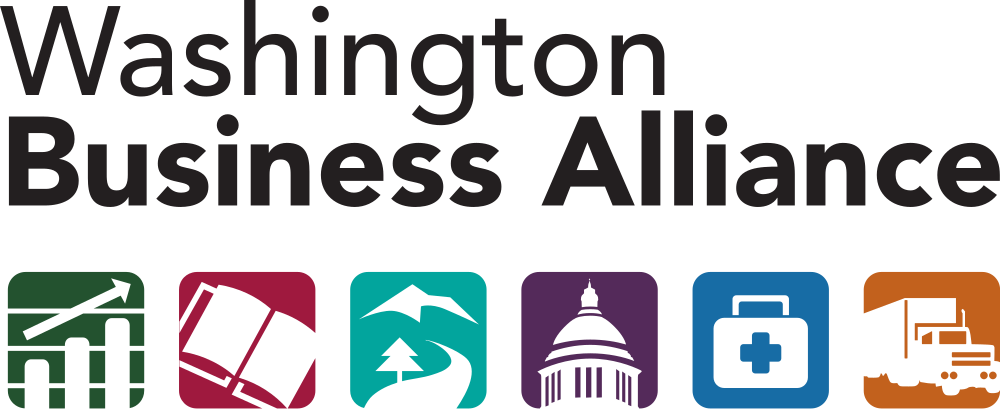Americans hold roughly $30 trillion in long term savings, and in Seattle it’s about $70 billion. Yet nationally almost none of that – less than one percent – is invested in the small, locally owned businesses that make up nearly 50 percent of U.S. GDP and 80 percent of our jobs. Imagine the positive economic, community, and environmental impact of shifting even a small percentage of our long-term savings and investments into our local economy.
As helpful as they would be, we don’t need to wait for policy shifts at the state or federal level to address this imbalance. We have tools at our disposal to start leveling the playing field. Here in Seattle and around the country, there are all kinds of innovative efforts to democratize our economy by opening up individual and collective opportunities to invest in our own places.
At Seattle Good Business Network our work is to connect and inspire people to buy, produce, and invest locally. And we do this work not only because a dollar spent at a local, independent business circulates in our economy for longer, creating more income, wealth and jobs than a dollar spent at a national chain, but because a locally owned economy gets us much closer to our vision of resilient, prosperous, and joyful communities. With economic inequality at a record high and lots of great minds working to figure out how to grow the middle, perhaps it’s time to start thinking differently about economic development and investment; to think about how the economy can serve people and not vice versa, and to define prosperity in more than economic terms. Though the tools we explore in our community capital series are about financial capital, their returns go beyond dollars to include the health and wellbeing—for our citizens and our natural environment—that come with true prosperity, the resilience of an economy that is independent and locally owned, and the joy that comes from meaningful work and connected communities.
